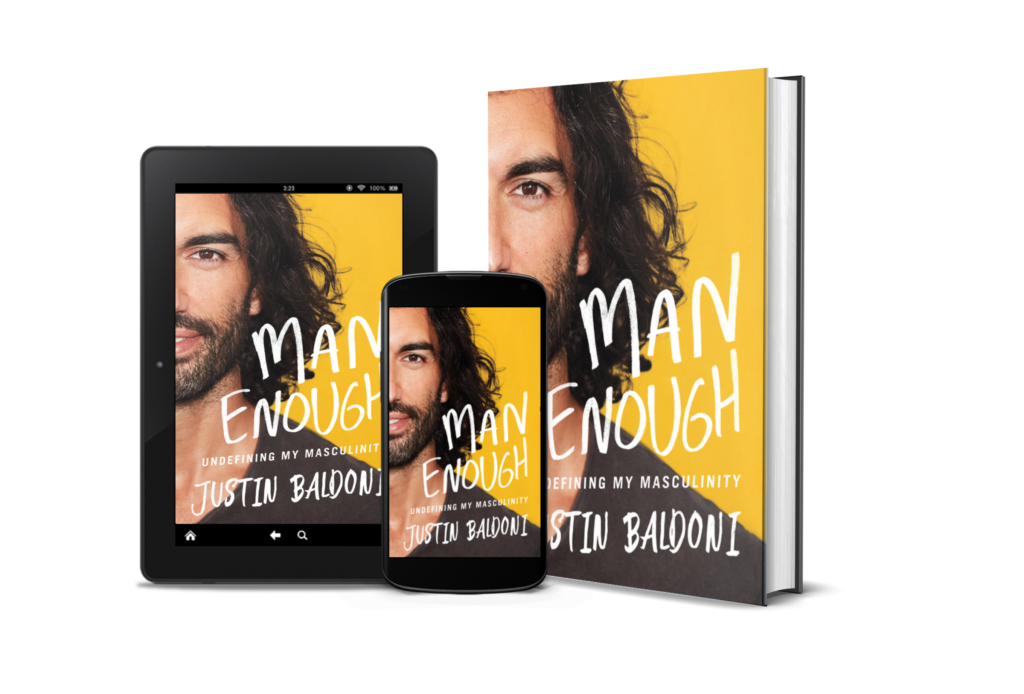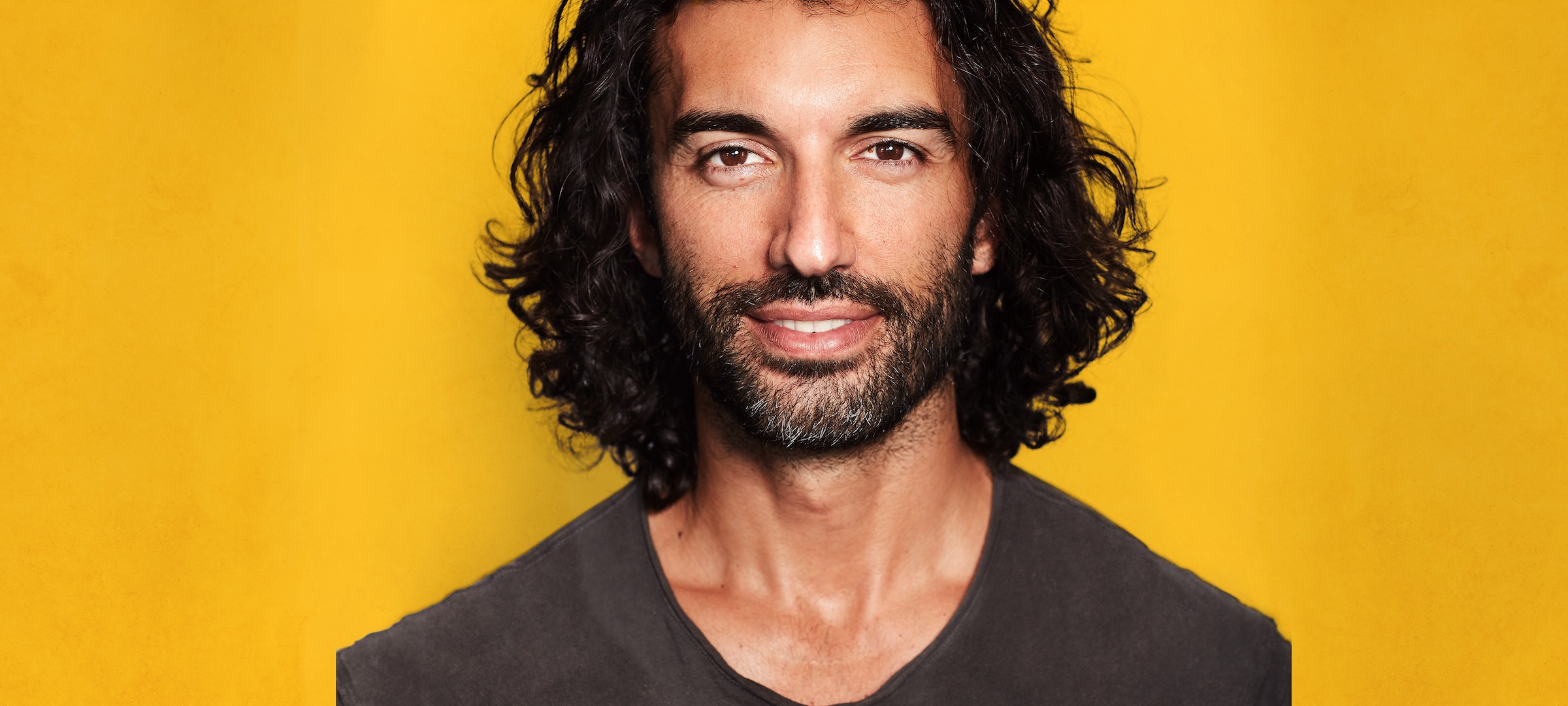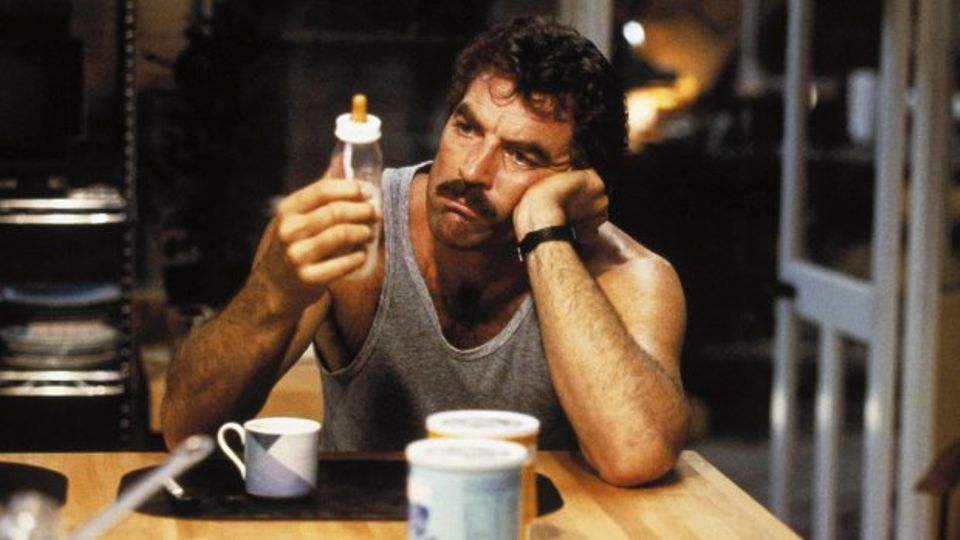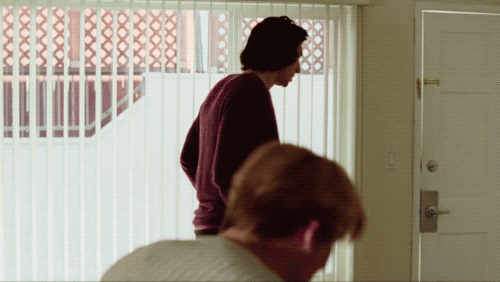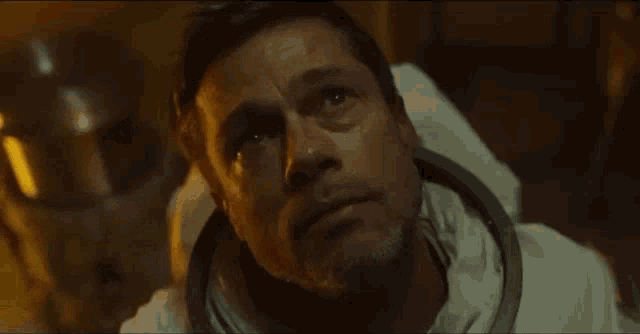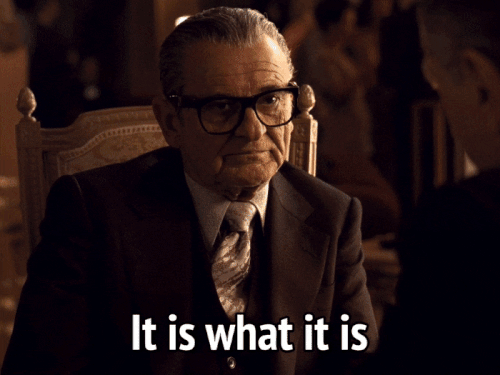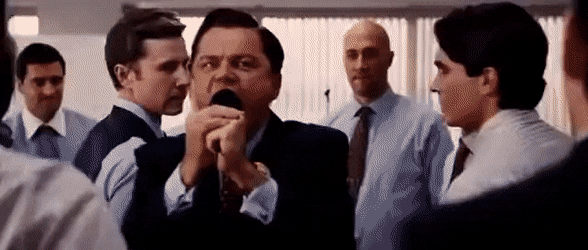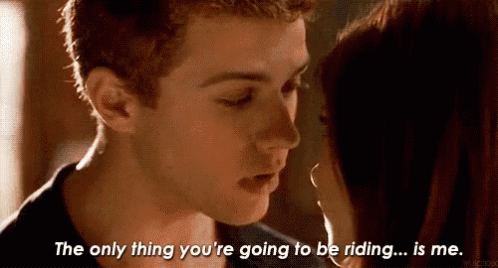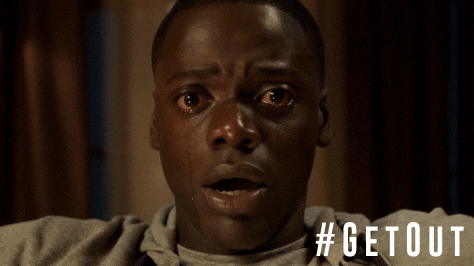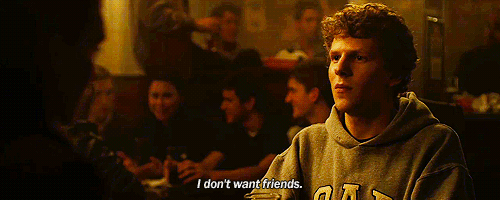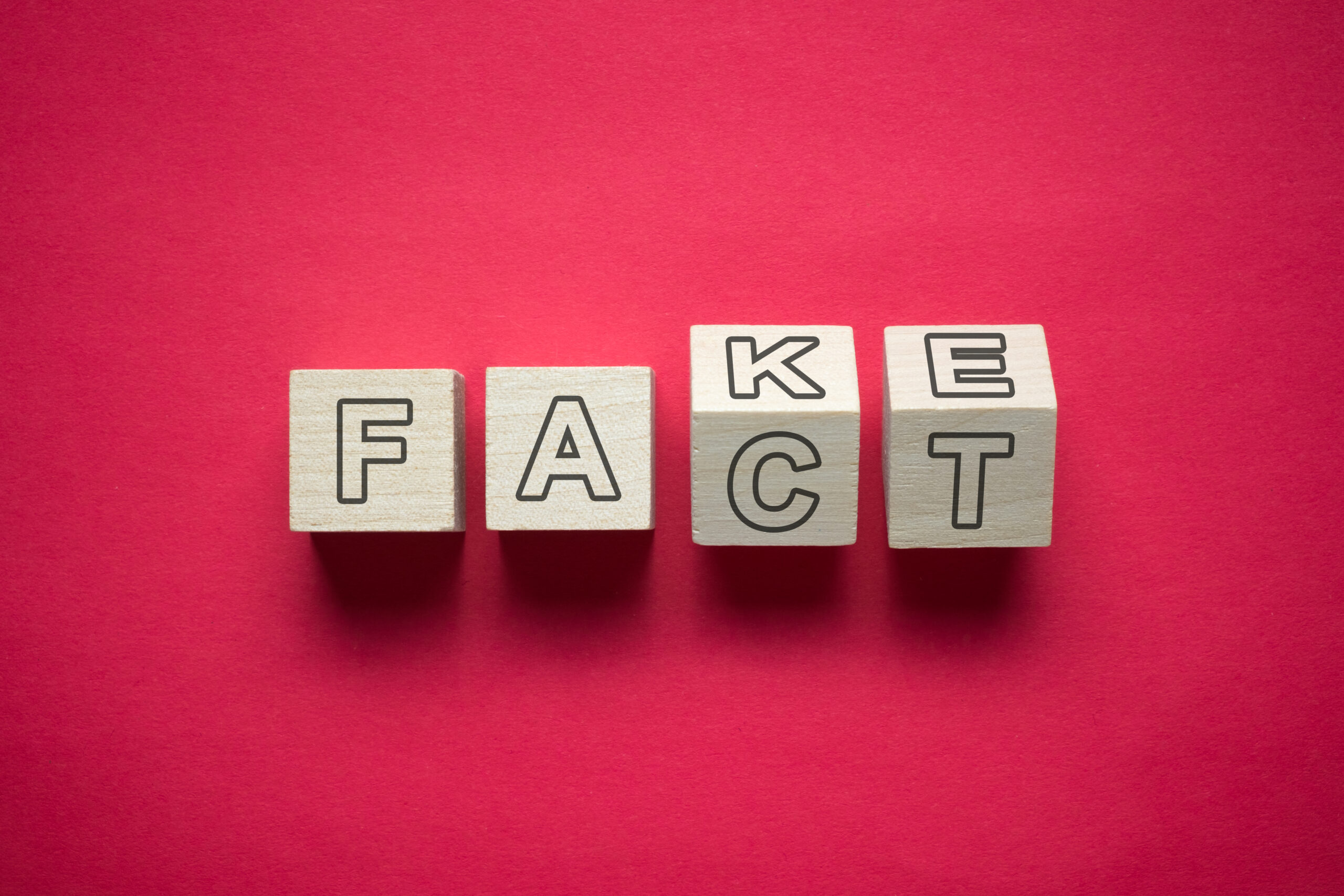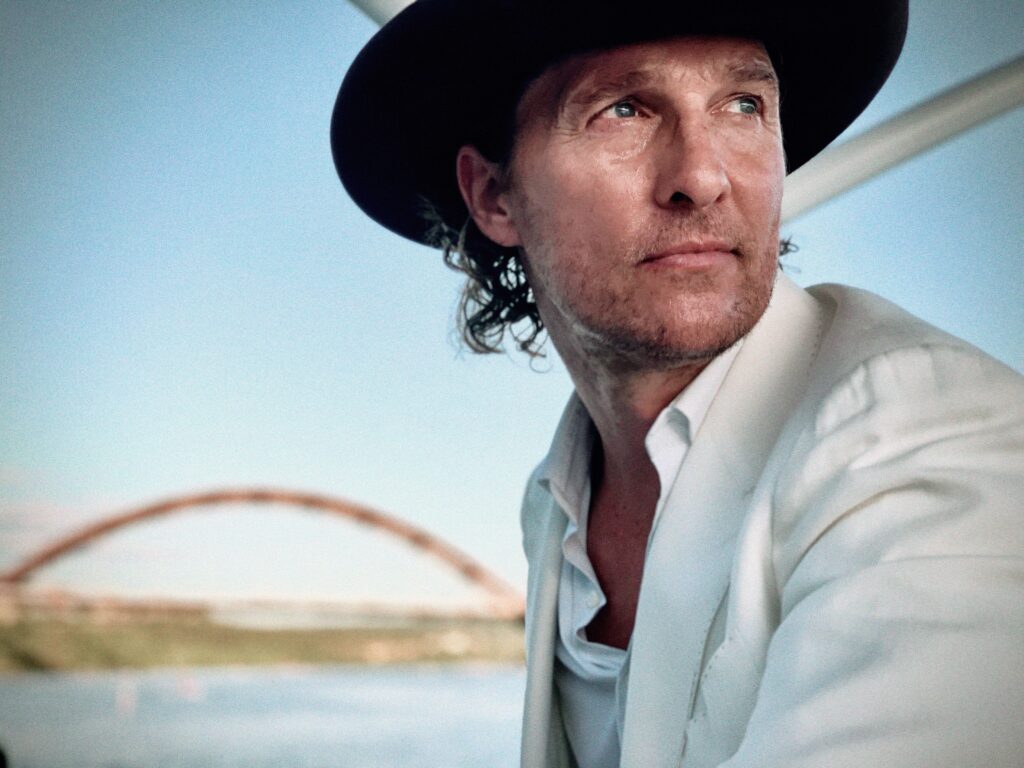Asking for directions has never been the strongest suit of men. It’s not the directions themselves, rather the presumption that we need help and have to ask it. Like we’re admitting defeat.
And yet, we’re more than happy to forego any help and instead scour the backcountry in search of previously undiscovered roads that not only lead the way but are faster than ever before, only to wind up in a ditch in the middle of God knows where. We would much rather miss completely and show up late, if at all, than to simply and quickly ask for a sign that we’re on the right path.
Surely, this doesn’t apply to all men, but for the sake of this argument, it sort of does.
Where we are now at this moment in time is a clear sign we’ve gone well off the beaten path, and it’s high time to reach out, if we’re ever going to get anywhere, if ever we will move forward together. And it starts with a little thing called empathy.
That word sure sounds familiar, but what is empathy really?
Simply, empathy is an attempt to understand another person’s circumstances. In a time when people have never felt more apart, it’s harder and harder to have the sensibility to put ourselves in each other’s shoes, even for a moment. Empathy is narrowly defined, and many people mistake it for sympathy, but it’s easy to confuse the two feelings. Sympathy is feeling sorry for someone else’s place in this world, but even more, feeling grateful not to be them. But empathy is to embody their experience, the emotions that ensue and to share a moment of their pain to better understand them.
It’s rare, mostly because we don’t make time for ourselves, let alone people we barely know.
The division that exists right now in America, along with the rest of the world, is a gap so wide and so deep it almost appears impossible to see to the other side. So how do we bridge the canyon and cross the rivers that separate us? Empathy.
And here’s how.
Meet Your Neighbor
Whether you’re stuck at home or not, everyone should know their neighbor. They’re the safety raft when your kitchen’s on fire, your security blanket when you go to bed. Knowing your neighbor, whether next door or down the road, is about creating a community of shared ideas but also opening yourself up to new ones. Don’t just greet your neighbor, meet them where they’re at in their lives in that moment. Embrace them (once it’s safe) but in a larger sense, embrace what they offer daily as they pass through your life.
Belong to Something Bigger Than Yourself
Whatever it is — a team, a cause, a fellowship — being apart of something bigger than yourself shows you you’re not the bright shiny object the entire world revolves around. Especially in the case of a good cause, you’ll learn how the rest of the world lives, the struggles they endure that you take for granted, and you’ll have an appreciation for the basic givens of your life. You’ll learn teamwork, hard work, striving for something with people who are passionate about it, too, and in a sense, you’ll quickly find we’re not so different at our core.
Sometimes that’s all we need — a reminder that we’re a single entity and that when one part of the body is hurting or sick, the whole enterprise is ill. All the more reason to come together for the right reasons.
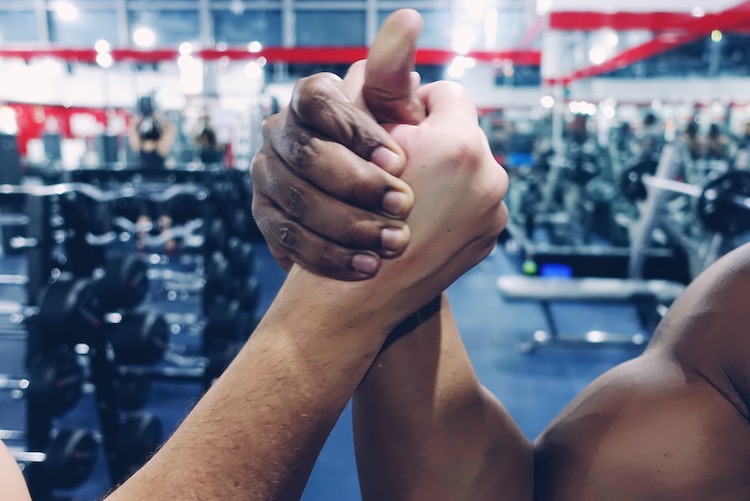
Image: twenty20photos (Envato)
Step Outside Your Comfort Zone
Staying inside your bubble, outside the context of pandemics, is not going to teach you a damn thing about how the other half lives. By continuing the same routines in the same places with the same people and never branching out, you’re not going to find much diversity in your life if it’s always the same. Surprise yourself with someplace new, doing something you never thought you’d try, trying foreign cuisines, learning how they get and make their food, and not only will you have a new experience to excite your life, you’ll have a little perspective, any viewpoint that’s different than the one you walk around with every day.
By traveling to new places where you don’t speak the language and engaging with groups of people you’ve never met before, you learn to communicate in new ways, which in a sense is the universal language — love.
Be Here Now
When you’re communicating with people — doesn’t matter if it’s FaceTime, Zoom, or in-person — give them everything you’ve got.
Even if only for a minute, your full attention carries so much weight. By being present, you can feel the energy people put off, whether they mean it when they say things are well or if they need someone to see them and recognize them for a moment. When you hug, really embrace them. When they speak, really listen. Don’t just wait for your turn to speak. Just be completely there.
Ditch the phone, look them in the eye when they talk and be there for them. These are the kinds of things great conversations are made of. People appreciate it, and you’d be amazed at what they’ll say if they think someone is really listening.
Follow People of Different Backgrounds on Social
If you can’t stay off your phone, at least do something useful with the damn thing to better yourself. Don’t just surround yourself with good people when you’re out, make yourself aware of what other groups of people are up to, what excites them, in what ways they’re creative and which parts of their heritage they celebrate. Culture yourself, connect with people you may never otherwise have the chance to and see what it does to your view of the world, your creativity and your appreciation for where you are in your life.
Bill Burr said it best when he said every group of people has a little bit of information all the others don’t have, and we can all just get together, we’ve got it made. You’ve got to learn to embrace others, let them in and the more you understand where they’re at, the easier it is to step into their shoes.
The Challenge
Walk around in someone else’s shoes for once, even if just for a few minutes.
What do the insides of their shoes look like? Are they worn down because their parents can’t afford new ones? What’s the shirt on their back feel like? What struggles are they enduring on a daily basis? If they’re Black, do they have to be careful about how to dress in certain places? If they’re Indian, do people make fun of them for talking differently? If they’re a woman, do men stare them down without ever looking them in the eyes? Do you feel safe in those shoes?
The more we understand what each other are going through, the clearer the path is to empathy. And once we meet each other there, we can move on, and we can do it together.
Just don’t be afraid to ask for directions.
Cover: ivankmit (Envato Elements)
For more, follow Man Enough on Instagram.
Subscribe to our episodes for free.
